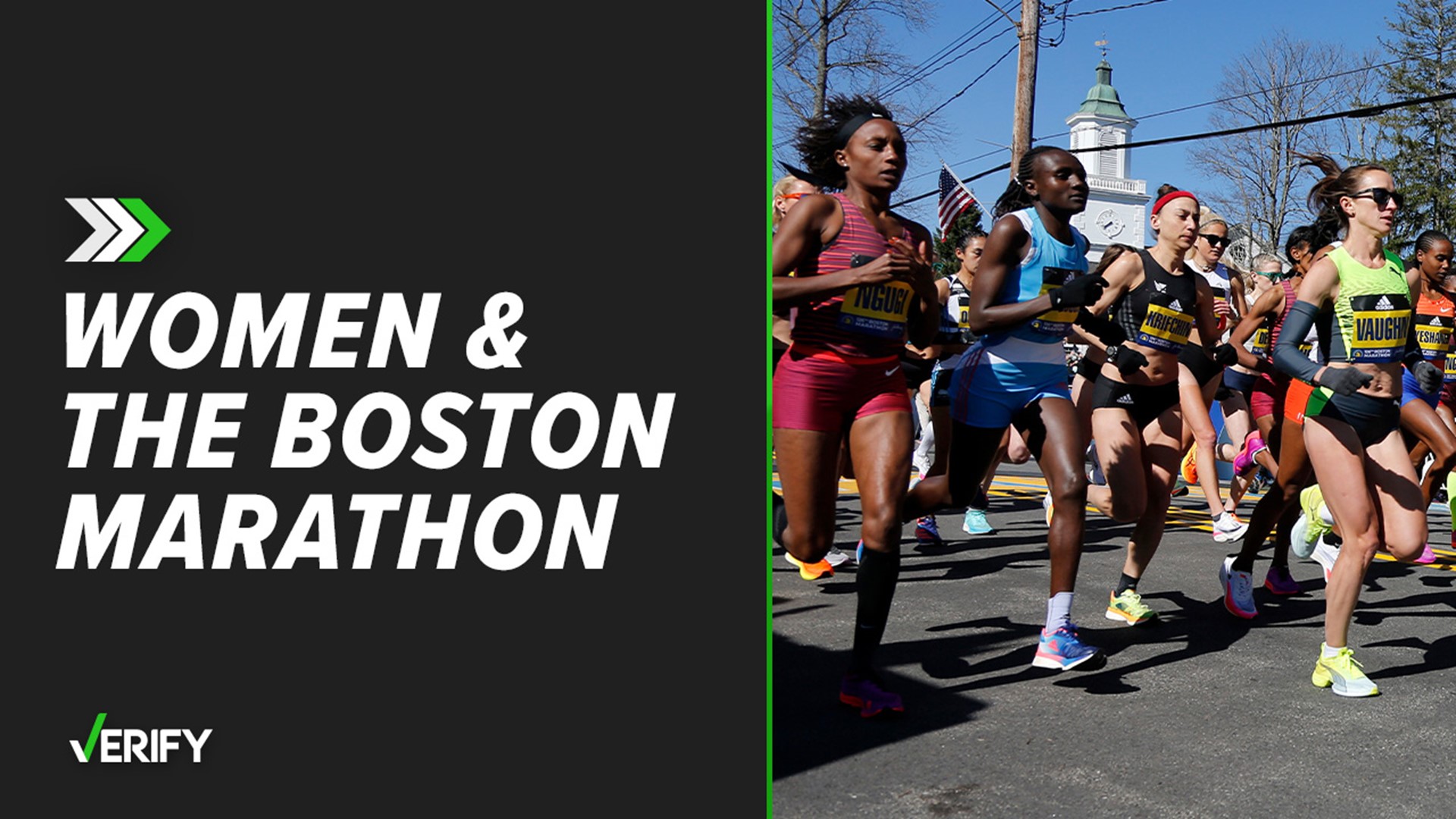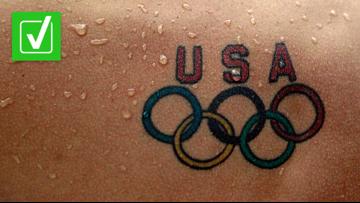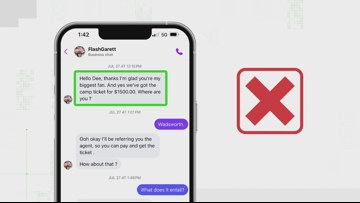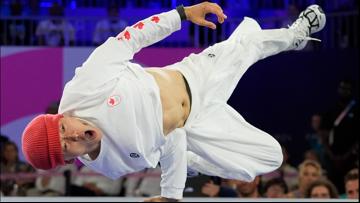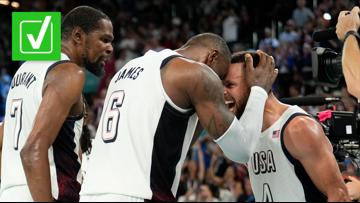The Boston Marathon is the oldest annual marathon in the world. This year’s marathon will take place on Monday, April 17. On that day, nearly 30,000 athletes from more than 100 countries will compete in the race.
In 2022, about 40% of the runners who competed in the Boston Marathon were women. Before 1972, women weren’t officially allowed to run in the race. But some social media posts claim two women in the 1960s decided to compete despite the rules.
THE QUESTION
Did two women run in the Boston Marathon before they were officially allowed to compete?
THE SOURCES
- Bobbi Gibb Official Website
- Article about Bobbi Gibb in JSTOR Daily
- “Marathon Woman” a memoir by Kathrine Switzer
- New York Road Runners Club
- Boston Athletic Association
THE ANSWER
Yes, two women ran in the Boston Marathon before they were officially allowed to compete.
WHAT WE FOUND
In the United States, the Amateur Athletic Union (AAU) sets the rules for running events. For many decades, the AAU prohibited women from competing in long-distance races due to the belief that women were not physically capable of running in events longer than 1.5 miles. The Boston Marathon is a 26.2-mile race. Despite the AAU’s rules, two women, Bobbi Gibb and Kathrine Switzer, decided to run the Boston Marathon in the late 1960s anyway.
In 1966, 23-year-old Gibb applied to compete in the race, but she later received a disqualifying letter from the Boston Marathon’s organizers that stated women were “not physiologically able to run a marathon.” An article published to JSTOR Daily says the organizers told Gibb they couldn’t “take the liability” of having her compete.
Gibb refused to take no for an answer, and on April 19, 1966, her mother drove her to the start of the race in Hopkinton, Massachusetts, according to a biography found on Gibb’s official website. Disguised in a hoodie and a pair of her brother’s Bermuda shorts, Gibb found a clump of bushes close to the start line and joined the race once half the men had already started running.
Three hours, 21 minutes and 40 seconds later, Gibb tore through the finish line in Boston, ahead of two-thirds of the male competitors. Since Gibb was not officially registered to compete in the race, her run was unsanctioned, but she is still known as the first woman to run the Boston Marathon.

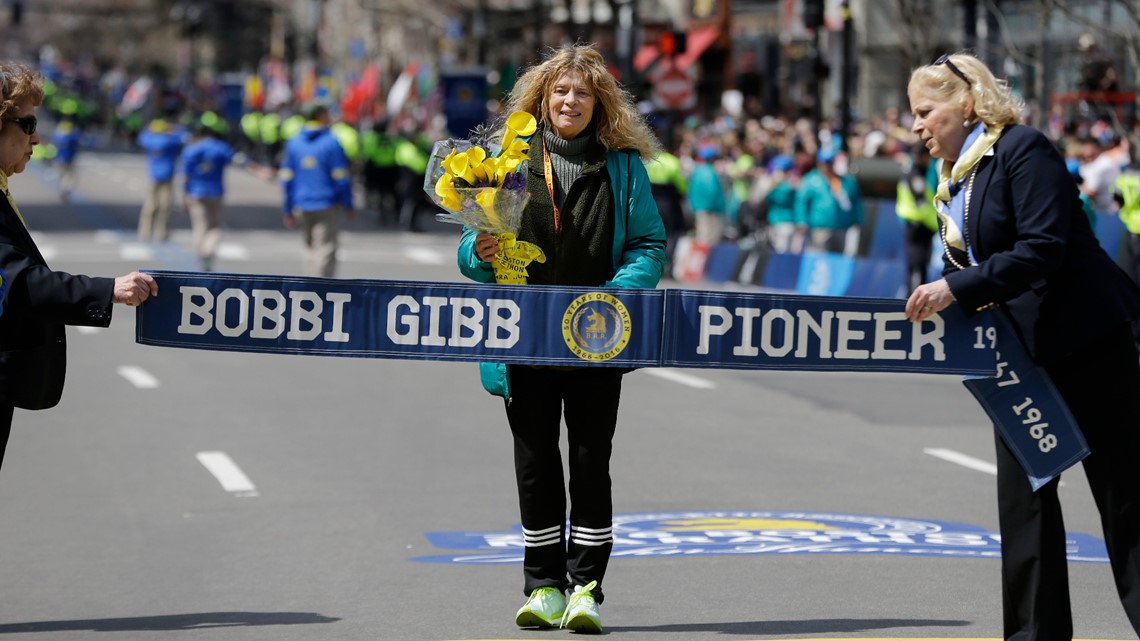
A year later, Switzer, a 20-year-old journalism student at Syracuse University, signed up to run the Boston Marathon. But instead of using her first name on the entry form, she decided to abbreviate her name and used her initials “K.V. Switzer.”
“We checked the rule book and entry form; there was nothing about gender in the marathon. I filled in my AAU number, plunked down $3 cash as entry fee, signed as I always sign my name, ‘K.V. Switzer,’ and went to the university infirmary to get a fitness certificate,” Switzer said in her memoir, “Marathon Woman.”
On April 19, 1967, Switzer was handed an official bib and allowed to run. However, during an early stretch of the race, she said she was chased and physically attacked by a male race official who tried to stop her from competing. She also said the press stopped her during the race and asked her “aggressive questions” after they found out she was a woman.

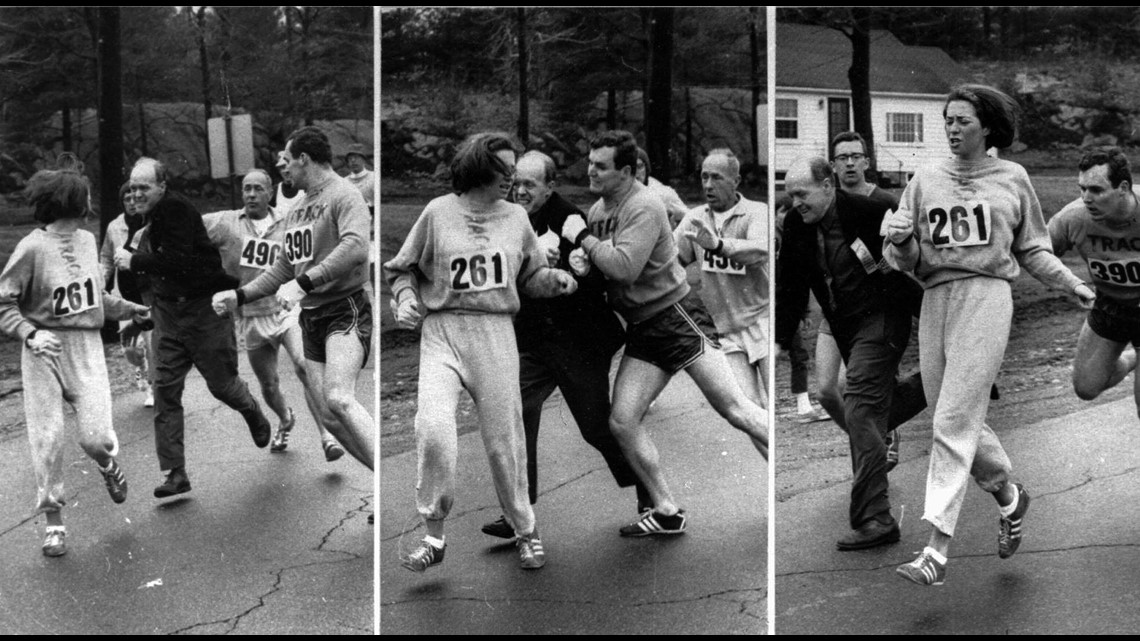
Switzer said she considered quitting during that moment but she ended up finishing the race in 4 hours and 20 minutes — making her the first woman to run the Boston Marathon with an official race number.
“I knew if I quit, nobody would ever believe that women had the capability to run 26-plus miles. If I quit, everybody would say it was a publicity stunt. If I quit, it would set women’s sports back, way back, instead of forward,” Switzer said.
Finally, in 1972, the AAU rule that barred women from running long distances was lifted and the Boston Marathon officially began allowing women to compete in the race. That year, eight women entered the race, including Switzer, who finished in third place.
